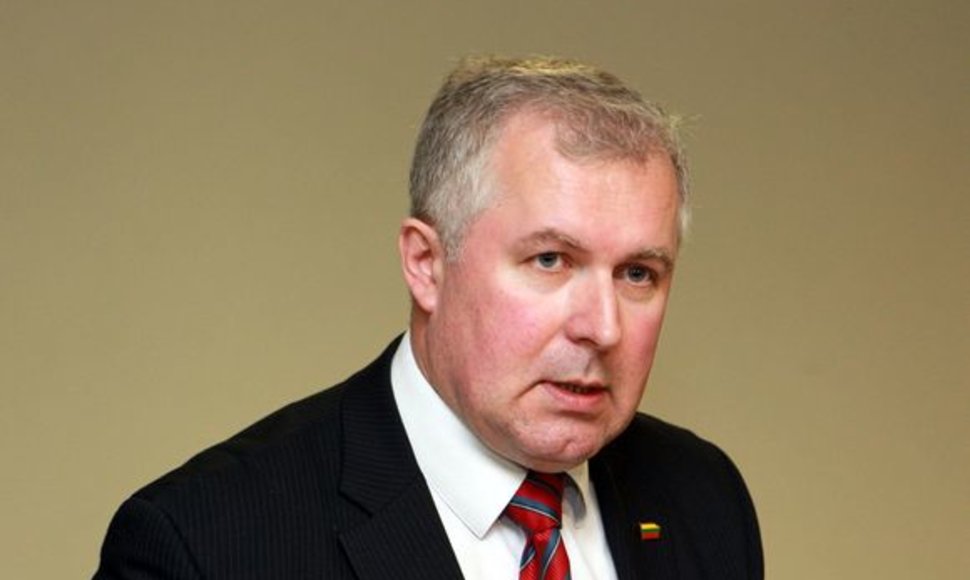"One minor mistake decides a lot. I think that in this case a mistake was made as planes are on the radars and their speed is technically identified. Since there was no identification, there was no radio connection with the Swedish plane, tags were automatically put: an "identified" plane took off from Pociūnai (aerodrome), and the lost plane returned to Lithuania's airspace, so they had to tag it as "non-identified". And then the whole system starts working, fighter jets are sent from Šiauliai. But it was tagged as "identified", Anušauskas told the Žinių Radijas (News Radio) on Saturday.
Asked who should take responsibility for the mistake, he said: "What can I say? It was an Estonian shift. (…) There are Estonians, Lithuanians, Latvians in Karmėlava, it was an Estonian shift. What can we do… We cannot do anything to Estonians officers."
According to Anušauskas, the circumstances of the incident have already been identified and now actions by Lithuanian institutions have to be evaluated.
"Now we have the whole picture, investigations have been launched," the chairman of the parliamentary committee said.
He said he would propose to the committee to adopt guidelines on how institutions should act in cases of suspected border violations.
"There's a government decision on how such procedures are conducted, how information is handed over in case of an air border violation. But technical means are not omnipotent. So, with no doubt, we'll propose updates, and if a potential air space violation takes place, institutions must know their responsibilities, duties, know about information exchange, and, of course, launch investigations, if they suspect something. Such procedures have so far not been stipulated," Anušauskas said.
Swedish activists announced last month they had flown into the territory of Belarus on 4 July and air-dropped hundreds of teddy bears with attached messages promoting the freedom of speech and human rights.
The Belorussian authorities initially denied the fact such a flight took place. But after less than a month, President Alexander Lukashenko sacked two high-ranking generals and asked Lithuania and Sweden for legal assistance in investigating the border-crossing incident.












